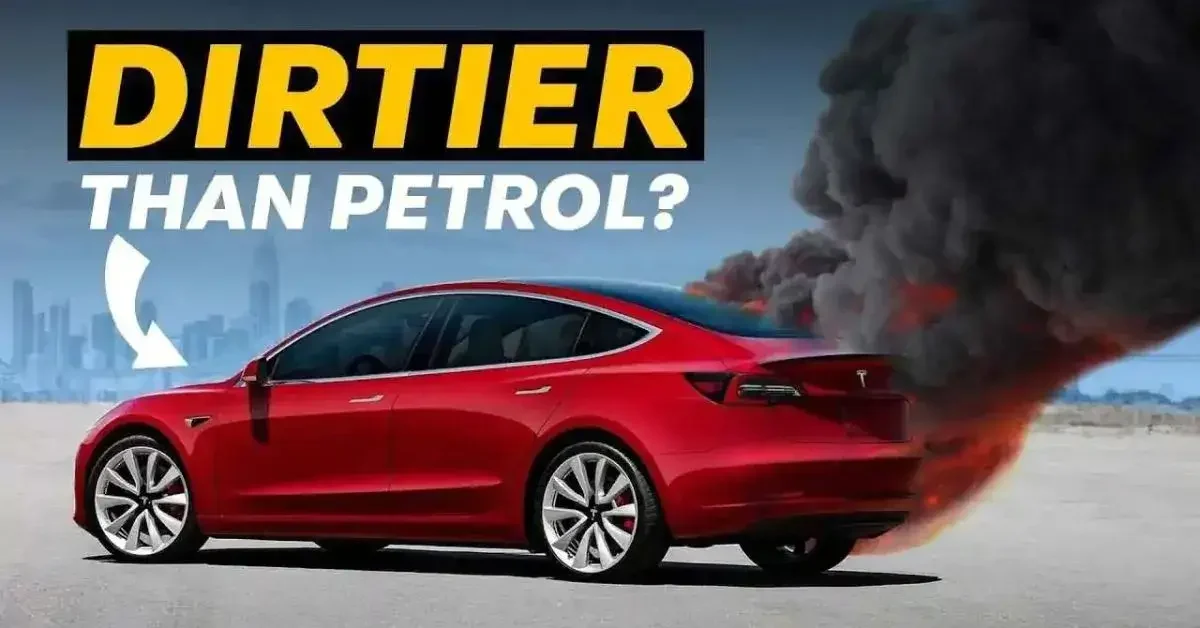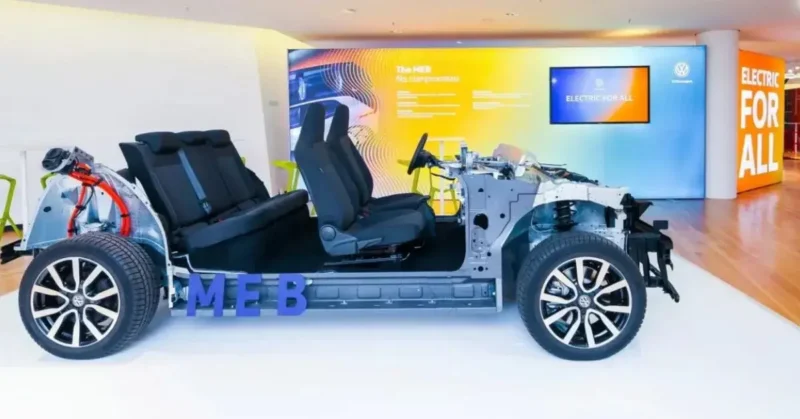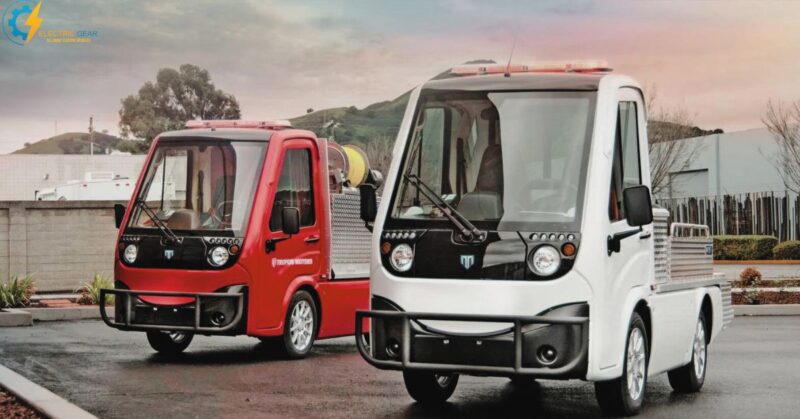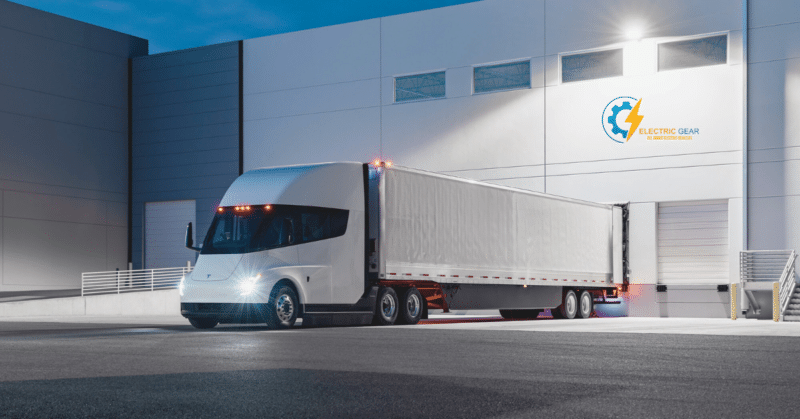Several industry analysts believe that electric vehicles will soon replace gas-only cars. Despite their ever-increasing popularity, some people worldwide think electric vehicles are not the future. This article discusses why electric automobiles may not solve the world’s transportation problems.
Electric vehicle future issues include reduced single-charge driving range, high upfront cost, insufficient charging infrastructure, and environmental concerns.
Manufacturing companies are becoming more eager than ever after President Biden’s proclamation, announcing that 50% of electric vehicles will be on the road across the country by 2035 and are expanding their charging and related infrastructure.
Companies like GM, Ford, and some other Tesla contenders are taking the initiative to gradually reduce and ultimately wholly phase out the production of gas-powered vehicles and entirely convert to EV manufacturing by 2035.
Electric Cars are not the Future
President Joe Biden announced that by 2035, there would be 50% electric vehicles nationwide. He ordered government departments to formulate policies to achieve this goal.
So, the auto manufacturers have poured billions of dollars into developing electric vehicles for the next decade.
Some people believe the EV production process emits greenhouse gases like ICEs. Another issue is when to talk about owning an EV, considered eco-friendly and CO2 emissions-free.
Because EVs depend entirely on electricity, which, in turn, is generated mainly from burning fossil fuels worldwide, such as furnace oil, coal, and gas, which emit Carbon Dioxide, more than 50% of the USA’s electricity is generated from thermal sources.
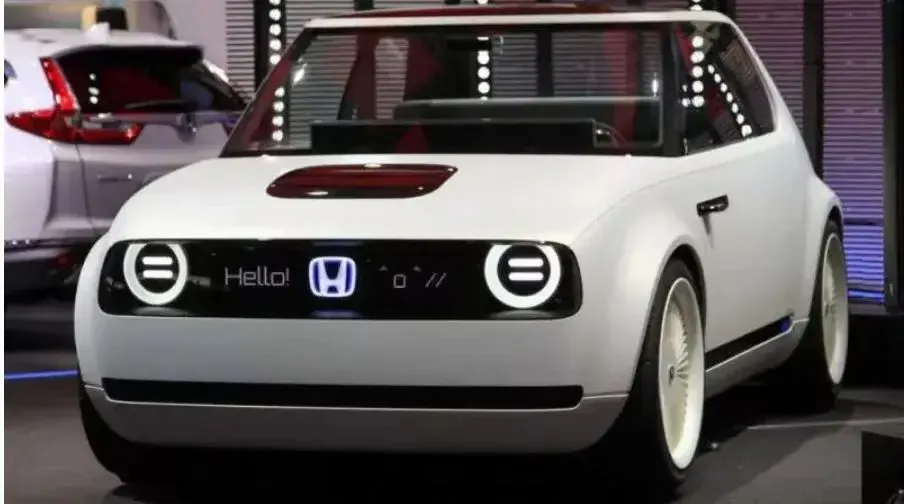
Looking around will give you the impression that electric vehicles are the world’s future. Greenhouse gas emissions and a desire to mitigate their effects are the driving forces behind the move toward going electric. However, there may need to be more reasons for such a huge transition to take place on the global level.
People worldwide are talking about how going electric might be the all-time solution, as EVs generate carbon dioxide gases. Their production process produces GHGs; during their lifetime, they are not as emissions-free as they look at first appearance.
Here we are forced to think that future cars might not be the only electric, but there may be more alternative ways than EVs.
Here’s Why Electric Cars are Not the Future
1. Biofuel: Clean and green
The decomposition of biological materials like crop waste, wood, and agricultural and animal waste converts into biofuel. It can be used as a source of energy as an alternative to burning fossil fuels.

Two significant biofuel types can be used to power conventional vehicles the way gasoline does. They, however, emit fewer greenhouse emissions and are also renewable energy sources.
Many people worldwide use biofuel for transportation and heating, and many others are modifying their plants and systems to harness this clean and cheap energy.
2. Use of hydrogen
When we talk about why electric cars are not the Future, one of the alternatives people usually talk about to decarbonize the environment is using the most abundant chemical element in the universe, hydrogen.
It comes with zero emissions and is almost 2-3 times more efficient than fossil fuels, as 1.1 pounds (half Kg) of hydrogen power equals 3.3 (1.4 Kg) pounds of energy generated by gasoline. It, however, needs a controlled environment to operate.
Hydrogen also can be used in gas-powered engines, but it would be less effective in that case and will produce greenhouse gases too.
The use of hydrogen cells has not become familiar because, like EVs, it needs more infrastructure, and manufacturers of hydrogen cars are reluctant to enhance it lest it may not bring results owing to less demand.
3. Lacking infrastructure
Non or at least the least availability of charging stations across the US is the issue that is blocking people’s ways to go electric. They fear being left half-way due to the non-availability of chargers.
Level 3 charger is the least available across the US, which can fill the battery in less than 30 minutes; however, this time is also frustrating for drivers as they remain used to refuel in less than 5 minutes. EV’s range also varied and remained a dreadful issue for people.
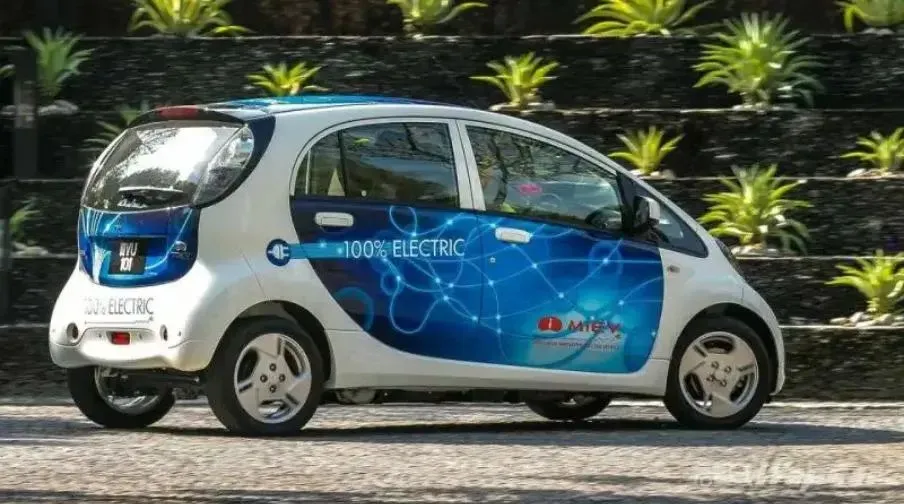
One can install a Level 1 charger at home with less investment, but it takes days to charge the battery fully, and it looks useless in the first instance. Large commercial vehicles need clarification about how to remain intact with rising gas prices, while on the other hand, infrastructure for going to be electric needs to be improved.
4. Electric cars are not environmentally friendly
Electric automobiles are not exactly the most eco-friendly mode of transportation. Although they do not release emissions while being driven, their manufacture consumes a significant amount of energy.
Since this energy often originates from non-renewable sources like coal and natural gas, electric vehicles tend to have a much larger carbon footprint than their gasoline-powered counterparts.
5. EVs are not as practical as gas-only cars
Practically speaking, electric vehicles are not as convenient as gas-powered vehicles. While their range has improved, modern electric vehicles must be recharged often and are unsuitable for lengthy trips. In addition, many places lack the infrastructure, such as charging stations, to accommodate electric vehicles.
6. EVs are not as cost-effective as gas-powered cars
While they may have lower operating costs in the long run, they are often more expensive to purchase initially. It can make them out of reach for many people, particularly those in lower income brackets.
7. Not as reliable as gasoline-powered cars
Although typically more reliable than they were a few years earlier, they are prone to issues like battery failure and range anxiety. For those who depend on their automobiles as a form of transportation, this may be a severe problem.
Alternatives of EVs
Energy experts and scientists somewhere in the world are focusing on the use of biofuel as a renewable source of energy. It can have brighter environmental and economic prospects, the primary driving force for shifting from conventional to electric.
Furthermore, improving hybrid by modifying it to charge both ways, either by a regenerative system or an external plugin, can go a long way. Their battery power can be enhanced like electric vehicles; little gas tanks should be an alternative. In this way, people will be less afraid of being left halfway.
Why Electric Cars are the Future
Electric cars are expected to be the Future for multiple reasons. Alternatives to electric vehicles still need to be well known, and investors and manufacturers of vehicles, depending on other sources like biofuel and hydrogen, are reluctant to enhance their capacities.
EVs have made inroads globally, and after US president’s proclamation of increasing EVs to 50% by 2035 is another factor in favor of why electric cars are the Future.
Final Thought
In conclusion, even if electric vehicles offer numerous advantages, they are not the form of transportation of the future. They are neither dependable, cost-effective, practical, or eco-friendly enough to replace gasoline-powered vehicles widely.
They could fit into specific markets, including short-distance commuting, but they will not overtake other forms of transportation anytime soon. Instead, we must concentrate on creating more ecologically sound, sustainable alternatives to driving, including biking and public transit.

Imran is an experienced content writer who crafts engaging and informative articles for a variety of industries. With a keen eye for detail and a passion for storytelling, Imran delivers high-quality content that resonates with readers. Whether he’s writing blog posts, social media content, or website copy, Imran is committed to delivering compelling content that drives results.

